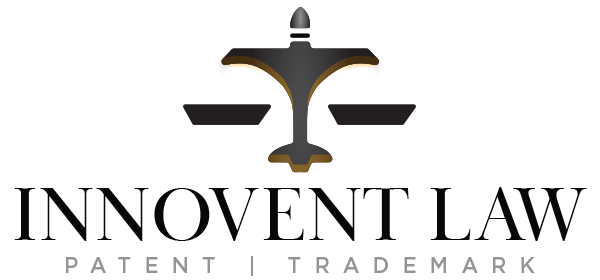That Moment…
It was one of those busy afternoons. I had my laptop open, a cappuccino cooling beside me, and a half-thought draft sitting on the screen. My usual scroll through legal headlines landed on something I knew we’d been anticipating: the U.S. Copyright Office’s new stance on AI-generated content. Game changer? Absolutely. And if you’re in tech, branding, or anything remotely creative, this one hits home.
So, this article isn’t just another opinion on AI. It’s a warm (but urgent) reminder that if your startup uses AI, your intellectual property (IP) playbook just changed.

AI Can’t Do It Alone – Not Legally, Anyway
On April 2, 2024, the U.S. Copyright Office released a long-awaited report stating:
“Works that are created solely by AI—without meaningful human involvement—are not copyrightable.”
Let that sit for a second.
From pitch decks to product launches, we’ve seen teams pour energy into AI-generated images, branding, and content. But without real, human creative input, you may be building on legally thin ice.
So, What Counts as “Human Enough”?
The Copyright Office clarified: you need to contribute significantly to the final work. That might mean editing, refining, or integrating your own creative voice.
Practical example:
- If you use DALL·E to generate a design and do not alter or guide the output creatively, you do not own the copyright.
- If you manipulate the output meaningfully or combine multiple AI assets in a unique way, you might.
Don’t Forget Copyright and Trademarks
Let’s talk filings. If you’re registering creative work through the U.S. Copyright Office, you must now disclose any AI involvement.
Failure to do so can invalidate your application. Worse, it can give competitors a window to challenge your rights.
Even trademarks aren’t off the hook. If you’re using AI to generate brand names, logos, or taglines, make sure they don’t infringe on someone else’s IP. A quick USPTO Trademark Search is a smart place to start.
Moral of the Story? You Just Got Robbed…
Imagine investing thousands in AI branding, only to learn your assets aren’t protectable. That’s the reality for founders who don’t consult a patent or copyright attorney before launching.
And no, this isn’t rare.
What You Can (and Should) Do Next
- Audit your content: Revisit AI-generated assets—especially those in product packaging, websites, and marketing.
- Add human input: Rework existing assets with a creative team or refine outputs to reflect your own vision.
- Disclose AI involvement: When filing copyrights, stay transparent.
- Talk to an IP attorney: Not tomorrow. Today. Let’s be proactive, not reactive.
A Note from Karima
This wave of policy changes is just the beginning. As AI tools evolve, so will IP regulations. At Innovent Law, we’re committed to translating these complexities into real solutions that support your growth.
Let’s protect your ideas—whether they’re born from your hands or your prompts.
👉 Schedule a call to walk through your IP strategy or visit our IP Portfolio page to start planning your next move.
